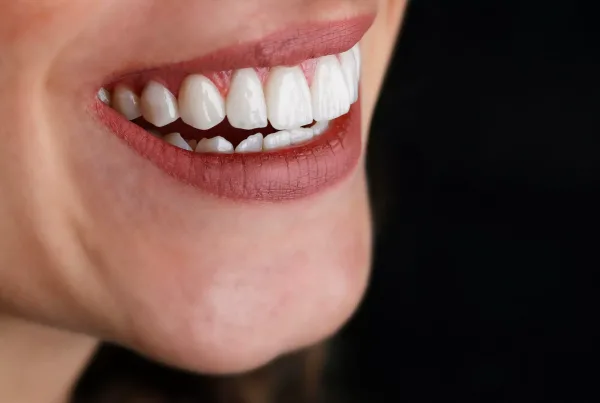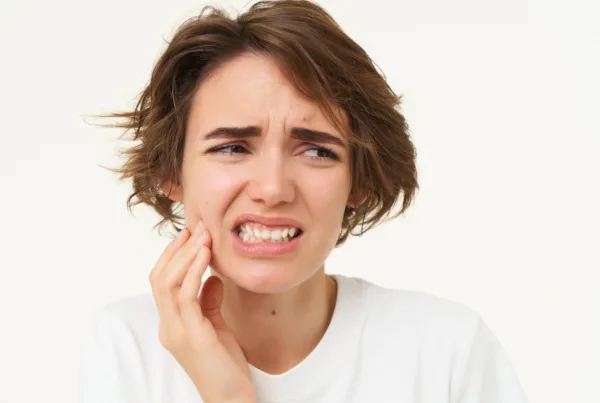Bad breath caused by food, also known as transient bad breath, is a common issue that can be bothersome. Fortunately, there are several simple steps you can take to reduce or eliminate bad breath caused by the foods you eat:
- Practice Good Oral Hygiene: Regular brushing and flossing help remove food particles and bacteria from your mouth, reducing the potential for bad breath. Brush your teeth at least twice a day for two minutes each time and floss once a day.
- Use a Tongue Scraper: The tongue can harbor bacteria and food debris, contributing to bad breath. Gently scrape your tongue with a tongue scraper or the back of your toothbrush to remove the buildup.
- Rinse with Mouthwash: Use an alcohol-free mouthwash to rinse your mouth after meals. Mouthwash can help reduce bacteria and leave your mouth feeling fresher.
- Drink Plenty of Water: Staying hydrated helps stimulate saliva production, which aids in cleansing your mouth and neutralizing acids that can cause bad breath.
- Chew Sugarless Gum or Mints: Chewing sugarless gum or sucking on sugar-free mints can help increase saliva flow, which assists in washing away food particles and bacteria.
- Avoid Odorous Foods: Some foods are more likely to cause bad breath than others. Garlic, onions, certain spices, and strong cheeses are common culprits. If you know specific foods trigger bad breath, try to avoid them before social situations.
- Consume Breath-Friendly Foods: Foods that can help freshen your breath include apples, carrots, celery, and parsley. These foods have natural cleansing properties and can help remove food particles.
- Time Your Meals Wisely: If you have an important event or social gathering, try to avoid odorous foods right before the event. Give your body enough time to process the food and reduce its impact on your breath.
- Limit Coffee and Alcohol: Both coffee and alcohol can contribute to bad breath. Try to limit their consumption, especially before social occasions.
- Visit Your Dentist Regularly: Regular dental check-ups and cleanings can help identify and address any dental issues contributing to bad breath.
If your bad breath persists despite taking these measures, it’s a good idea to consult a dentist or healthcare professional. Persistent bad breath can be a sign of an underlying oral health issue, such as gum disease or cavities, or it may indicate a medical condition that requires further evaluation and treatment.





